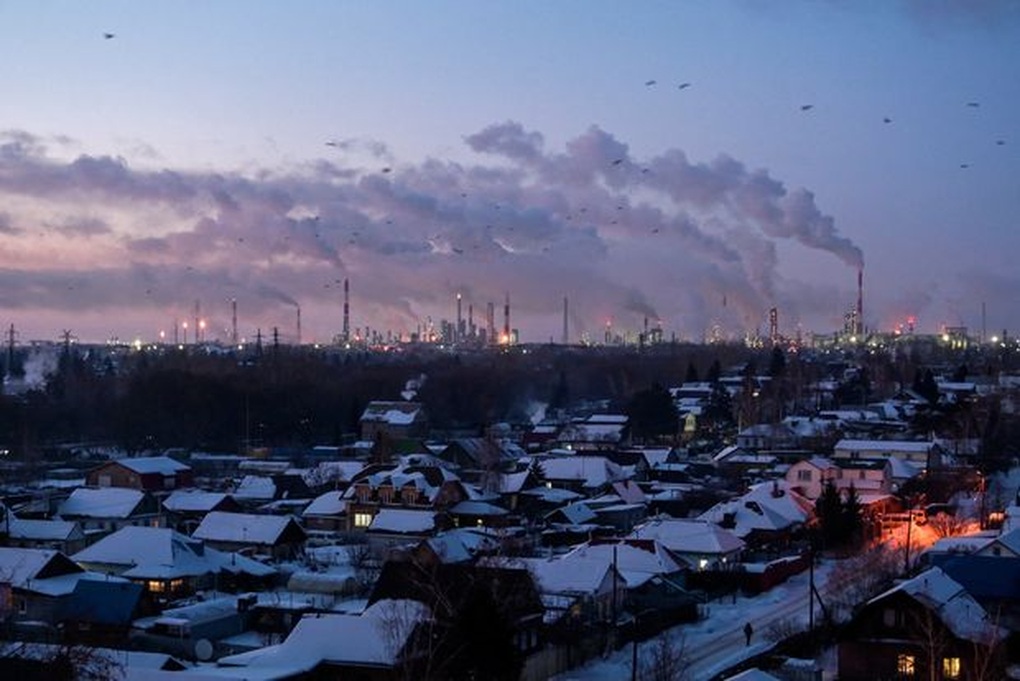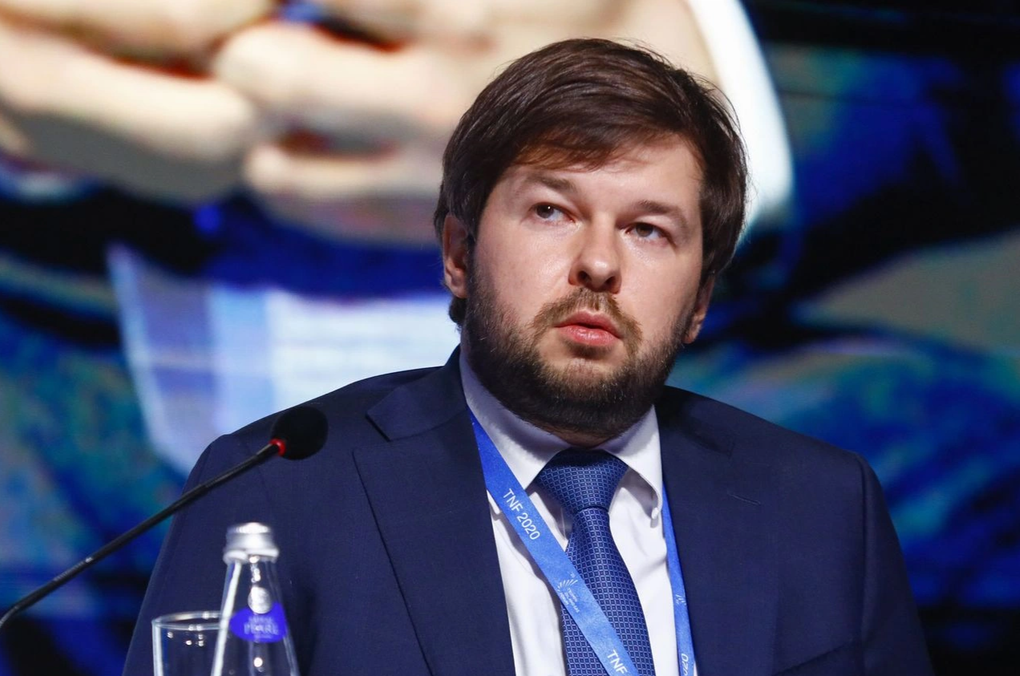(Dan Tri) – Deputy Minister of Energy Pavel Sorokin, 37 years old, is believed to play an important role in helping Russia maintain its energy industry to resist the wave of strong economic sanctions from the West.
Russian Deputy Minister of Energy Pavel Sorokin (Photo: Tass).
Russia is working to expand into new markets for oil and gas companies as the backbone of the country’s economy is greatly affected by Western sanctions.
And Moscow can do that thanks to a `special weapon`: Former employee of Morgan Stanley bank, Deputy Minister of Energy Pavel Sorokin.
Mr. Sorokin, who studied finance in London (UK), has participated in negotiating oil and gas agreements with Africa and the Middle East.
Russia recently announced that it is considering taxing oil companies based on Brent oil prices instead of Urals oil prices to limit the negative impact on budget revenue.
`Mr. Sorokin has become Russia’s ‘secret weapon’ in countering the effects of sanctions from the West,` said Viktor Katona, chief crude oil analyst at commodity data company Kpler.
The war in Ukraine has affected the Russian energy industry and Western countries have fallen into a serious energy crisis and gradually limited their purchases of this product from Russia.
Partly due to those discounts, Russia’s natural gas and oil revenues fell 46% compared to the same period in January 2022, according to data from the Russian Ministry of Finance.
Mr. Sorokin and his colleagues are showing that the strategy is effective: Russia exported more than 8 million barrels of oil in January, according to Kpler.
Mr. Sorokin was born in Moscow but grew up in Cyprus because his parents were diplomats.
He then moved to Morgan Stanley’s Moscow office.

An oil refinery in Omsk, Russia (Photo: Reuters).
A new position
In 2016, Mr. Alexander Novak, then Russia’s Minister of Energy and currently Deputy Prime Minister, called Mr. Sorokin (then working for Wall Street Bank) to work and assigned him to be in charge of the Research Center.
Mr. Sorokin then always accompanied Minister Novak at diplomatic events as a translator.
By building those relationships, Mr. Sorokin helped Mr. Novak plan the alliance with Saudi-led OPEC that led to the creation of OPEC+ in 2016, in which Russia had a greater say in the oil and gas market.
During a meeting in 2018, President Vladimir Putin asked Mr. Sorokin what he was doing.
Immediately after becoming Deputy Minister, Mr. Sorokin appointed Mr. Arsenii Pogosyan, then a 27-year-old journalist, to be in charge of his communications.
In a recent statement, Mr. Pogosyan commented that he stands out among government officials.
In addition to dealing with Western sanctions, Sorokin also sought to modernize the nation’s energy sector.
